Money, expenses, monthly income, and debt can be an uncomfortable conversation to have with yourself, let alone with anyone else. We often think we have a good grasp on our finances, but in all reality, do we?
This is why being financially literate from a young age gives us the tools and resources needed to be financially secure later in life. Having age-appropriate financial conversations with our children is important, not only to guide them to avoid financial mistakes that we ourselves as adults have made, but to encourage them to make smart financial decisions for themselves when that time comes.
Financial literacy is the possession of a set of skills and knowledge that allows an individual to make informed and effective decisions with all their financial resources.
The skills and knowledge we have about money and expenses comes from our parents, our own experiences, and from our school’s curriculum. We are only able to make financial decisions about our income and expenses with the information that was given to us.
A great place to start having appropriate financial conversations with your children is by teaching them skills that are important to make positive financial decisions.
Those include:
- Creating a budget that can be weekly, biweekly, or monthly.
- Having a savings account and a plan to contribute to it.
- Having a tracking system to see what your money goes toward.
By talking to your children about money early on, it will help them understand why you make certain financial decisions. It will also help them understand what it means to become financially stable as they get older. Remember, children know and understand how money is used, and they are always watching and following their parents.
So, as you teach your children about financial literacy, it is equally as important to educate yourself too. It can be easy to skip over the basics if we think we have already mastered them.
Do you know the answers to these simple questions: Do you know exactly what amount is in your bank account right now? Can you list all the bills/ expenses that you will owe in the next 30 days?
Make sure you take the time to stay informed and ahead of your finances. Making effective decisions means you understand the concept of wants vs needs and can answer simple questions about your finances.
When it comes to financial decisions, telling yourself “No” or “wait” is difficult to do as an adult but it is very important to practice. The earlier you can start practicing telling yourself no or to wait before making a purchase, the more equipped you will be to control your spending. Don’t give up, it will get easier.
If you need help making smart financial decisions, you are not alone. There are resources available to you through apps, banks, and the YWCA.
Some of those financial resources include:
- Financial breakdowns or graphs that show your spending habits on your mobile banking app.
- Third party apps that help you track your spending & saving.
- Paper journals that help track money coming in and out.
- Community education classes at banks and community colleges that will help explain credit scores, financial decisions, and how the market affects prices.
Now that you know the definition of financial literacy, you can remain in control and ahead of your spending habits while modeling good financial decisions for your children.
-Amy & Liz, Family Advocacy Center




